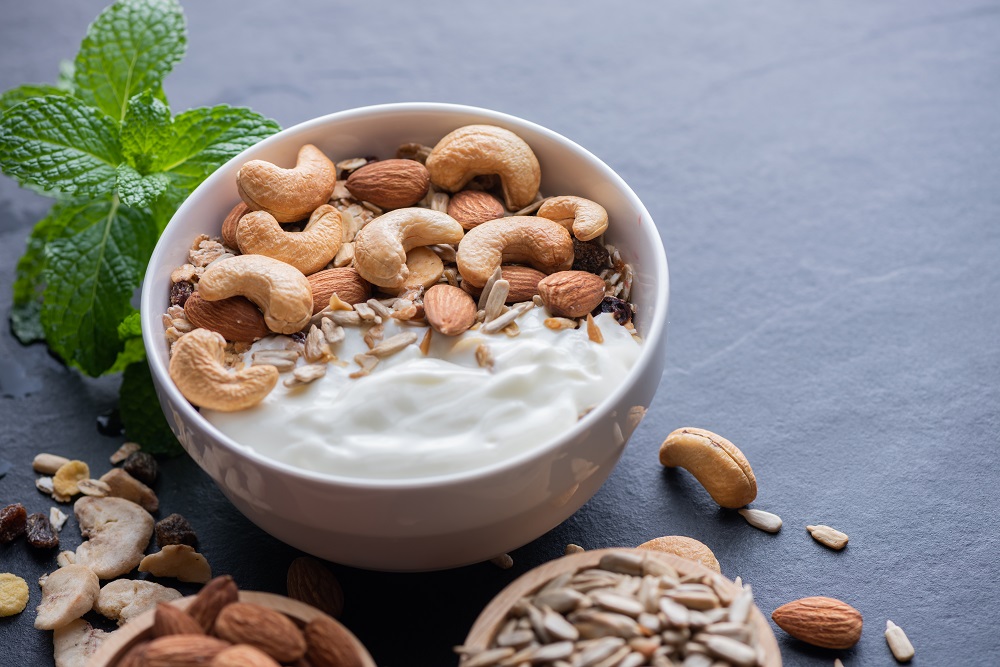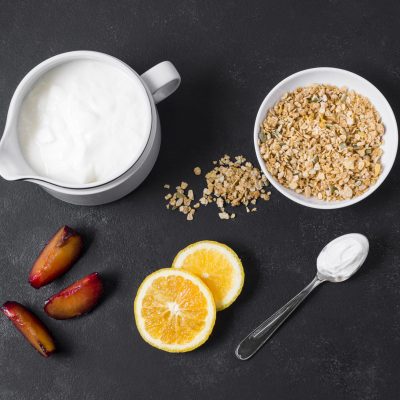Anyone with kidney stones has to be prepared to make certain changes to their diet. The foods and beverages you consume can either help you get rid of your kidney stones faster or make them worse.
If you have kidney stones, you may need to follow a special diet. Your healthcare provider might perform blood and urine tests to determine what risk factors you may have. Then your doctor will tell you what diet adjustments and medical therapy you need to avoid having kidney stones again. In this article, we will explore topics such as calcium oxalate foods to avoid as well as other foods to avoid.

What is the Best Diet to Prevent Kidney Stones?
When you have symptoms of kidney stones, such as pain in the abdomen or lower back or difficulty urinating, it’s important to get an accurate diagnosis. If you do have kidney stones, you have to know which kind you have, as this will determine the kind of diet you must follow. If you have calcium oxalate stones, you’ll have to reduce your intake of high-oxalate foods.
Calcium Oxalate Foods to Avoid
Calcium oxalate stones, which are the most common type of kidney stone, form when calcium binds with oxalates. Oxalates are found in many common foods, such as many vegetables, fruits, nuts, and grains. The following are some high-oxalate foods to avoid if you have calcium oxalate kidney stones. Calcium is not the enemy, although it has a terrible reputation! This is most likely owing to the name and widespread misconception that calcium is the primary cause of calcium-oxalate stones. A low-calcium diet raises your risk of acquiring kidney stones. Don’t cut back on calcium in your diet. Reduce your sodium intake and match calcium-rich foods with oxalate-rich foods in your diet. A calcium intake of 1000-1200 mg per day is recommended to prevent calcium stones.
- Vegetables —beets, spinach, swiss chard, yams, okra, rhubarb
- Fruits — kiwi, figs, apricots, oranges, tangerines.
- Nuts & Seeds —almonds, pistachios, macadamia, cashews,
- Grains —cornmeal, brown rice, buckwheat, soy flour, millet, couscous.
- Legumes —Kidney beans, navy beans, fava beans.
- Miscellaneous —Tea, chocolate, tofu, corn grits.
Eating a low oxalate diet can be challenging at first. You have to identify vegetables to avoid kidney stones and other foods that are normally considered healthy. However, you’ll find that there are many nutritious and tasty low-oxalate foods you can still enjoy.
Animal Protein and Kidney Stones
Animal proteins such as meat, most seafood, eggs, and dairy products are one category of foods not found on high oxalate food lists. However, this doesn’t mean you should consume large amounts of animal protein if you have kidney stones. Consuming large amounts of animal protein, such as red meat, poultry, pork, and seafood, boosts uric acid levels, which can contribute to kidney stones. It also reduces citrate levels in the urine, which are important for preventing kidney stones. If you have uric acid stones, you need to be especially vigilant about reducing animal protein.
However, dairy products are not the same. Research indicates that foods such as milk, yogurt, and cheese can reduce your risk of kidney stones. Even with calcium oxalate stones, you shouldn’t try to avoid calcium in foods. Dietary calcium is actually beneficial. In fact, eating foods with calcium can help to counteract the effects of oxalates. On the other hand, don’t take calcium supplements unless your doctor recommends it.
Limit Your Salt Intake
Another principle to keep in mind with kidney stones is to limit your consumption of salt. This holds true for all types of kidney stones. Sodium causes calcium to build up in the urine, which can contribute to kidney stones. Keep in mind that many processed foods, fast foods, and restaurant meals are heavily salted. For example, a typical takeout meal such as pizza, Chinese, Mexican, burgers, or fried chicken will contain large amounts of sodium. To reduce your sodium intake, it’s best to cook from scratch so you can control how much salt you add to dishes.
Limit Your Sugar Intake
When studying the foods to avoid if you have kidney stones, you should also look at how much sugar you consume. Sugar and high fructose corn syrup can increase your risk for kidney stones. Keep in mind that many everyday foods such as breakfast cereal, salad dressing, tomato sauce, and many others contain added sugar.
Drink Plenty of Fluids
One of the best ways to manage and prevent kidney stones is to stay hydrated. The best drink for hydration is pure water. If you have kidney stones, drink at least six 8-ounce glasses of water daily to produce a sufficient amount of pee. Avoid drinks (particularly those high in fructose). You can drink other beverages as well but keep the following guidelines in mind.
- Squeeze fresh lemon into your water for variety and added nutrition.
- Lemons are high in citrates, which are good for preventing kidney stones. Lemonade that’s low in sugar or sugar-free also provides valuable citrates.
- Tea is high in oxalate. Coffee or herbal tea is a better choice if you have calcium oxalate stones.
- Chocolate is another high oxalate food, so beverages such as hot chocolate and chocolate milk can trigger calcium oxalate stones.
- Drinking a glass of orange juice daily may help to prevent kidney stones. Like lemonade, orange juice is high in citrate. Grapefruit juice is another option.
- Limit your intake of alcoholic beverages, which have a dehydrating effect.
If Necessary, Reduce Your Caloric Intake
Being overweight or obese is a risk factor for kidney stones. If you need to lose a few pounds, in addition to paying attention to which foods you consume you may also need to cut back on calories. Losing weight won’t instantly cure kidney stones but it can make you less susceptible to them in the long term.
Eat the Proper Foods to Prevent Kidney Stones
Diet is a significant factor in managing and preventing kidney stones. If you want to pass stones more quickly and reduce the risk of their returning, it’s worthwhile to pay close attention to what you eat and drink. Read more about How to pass a Kidney Stone!

Must-Have Foods to Add to Your Diet to Help Stop Kidney Stones
Kidney stones formation can restrict through a well-planned diet as well. Read further to know about the planned & adjusted diet for it.
